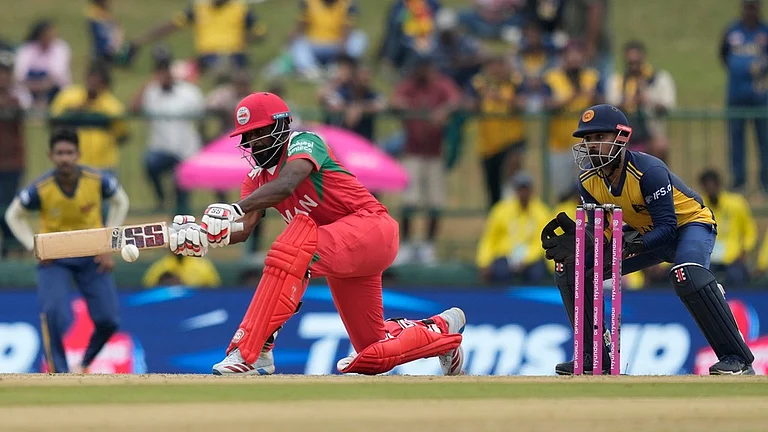Stock-taking is never easy, more so for a journalist. They work under punishing deadlines and record events at a blistering pace with little space for reflection or assessment that is available to researchers, even columnists. It’s a profession that is naturally prone to errors, and yet a little error can damage its credibility. You narrate a story that is entwined with the possibility of remaining incomplete. A story of incompleteness. A glass that’s always half-empty.
For me as a journalist, the year 2022 began with election coverage in Uttar Pradesh followed by a visit to Kashmir and ended with the Gujarat assembly elections. The first-ever election I covered was the 2009 Lok Sabha elections in Uttar Pradesh, my home state, with Bahujan Samaj Party being my first ‘beat’. Mayawati was the Chief Minister and a major contender for the prime minister’s post. Though her party ruled only one state then, many columnists saw in her a pan-Indian leader. In just around a decade her party has been decimated, with the 2022 elections offering her zilch. Political reporting makes you sceptical of your own perceptions and observations.
While I was an insider in UP, a section of Kashmir saw me as an ‘agent of the Indian state’. It’s a disturbing feeling to be treated as an “intruder” in a territory you consider your own. The sentiment may not be evoked if you visit Kashmir as a mere tourist, not even for a journalist associated with a foreign publication. But a Delhi journalist inevitably carries the troubled legacy of the Indian State. How you handle it determines the nature of your reports.
On the other spectrum is Gujarat, another political experiment of modern India. A state that has almost officially adopted a policy to ghettoise Muslims. A journey to Gujarat leaves you with questions about the Republic and your own existence. How does a journalist thread these diverse experiences together and lend some meaning to their life?
The people who helped me maintain sanity in the newsroom were my younger colleagues, who are not yet afflicted by hopelessness and insomnia. The newsroom, indeed, is a great centre of learning. Stories of field reporters force an editor to reconsider their perceptions and prejudices. I was fortunate to have some brilliant colleagues who arrived with an infectious energy and an inspiring idealism. Brimming with ideas, they offered invaluable insights and worked overnight to keep the website running. Conversations with them enriched me and helped me learn a different perspective. It was Mayank Jain Parichha who kept me updated about the latest developments in the field of environment and wrote insightful stories on man-animal conflict and the possible consequences of the relocation of the cheetah in the Kuno National Park. Conversations with Peerzada Muzamil greatly helped me to understand several new trends ranging from the inner dynamics of the Congress party to global politics. The young man reads a phenomenal range of foreign publications and is a storehouse of information on international affairs. Then there is Syeda Ambia Zahan, Outlook’s Northeast correspondent, who carries the entire zone on her fingertips. Displaying an extraordinary width she writes with an inspiring command on themes ranging from folk arts, popular culture, politics, insurgency, Korean music to displacement. Syeda wrote some of our finest long-form journalism from a territory that’s treaded by few.
They lent a crucial beam of hope to my melancholic profession and made it a year of learning.

























